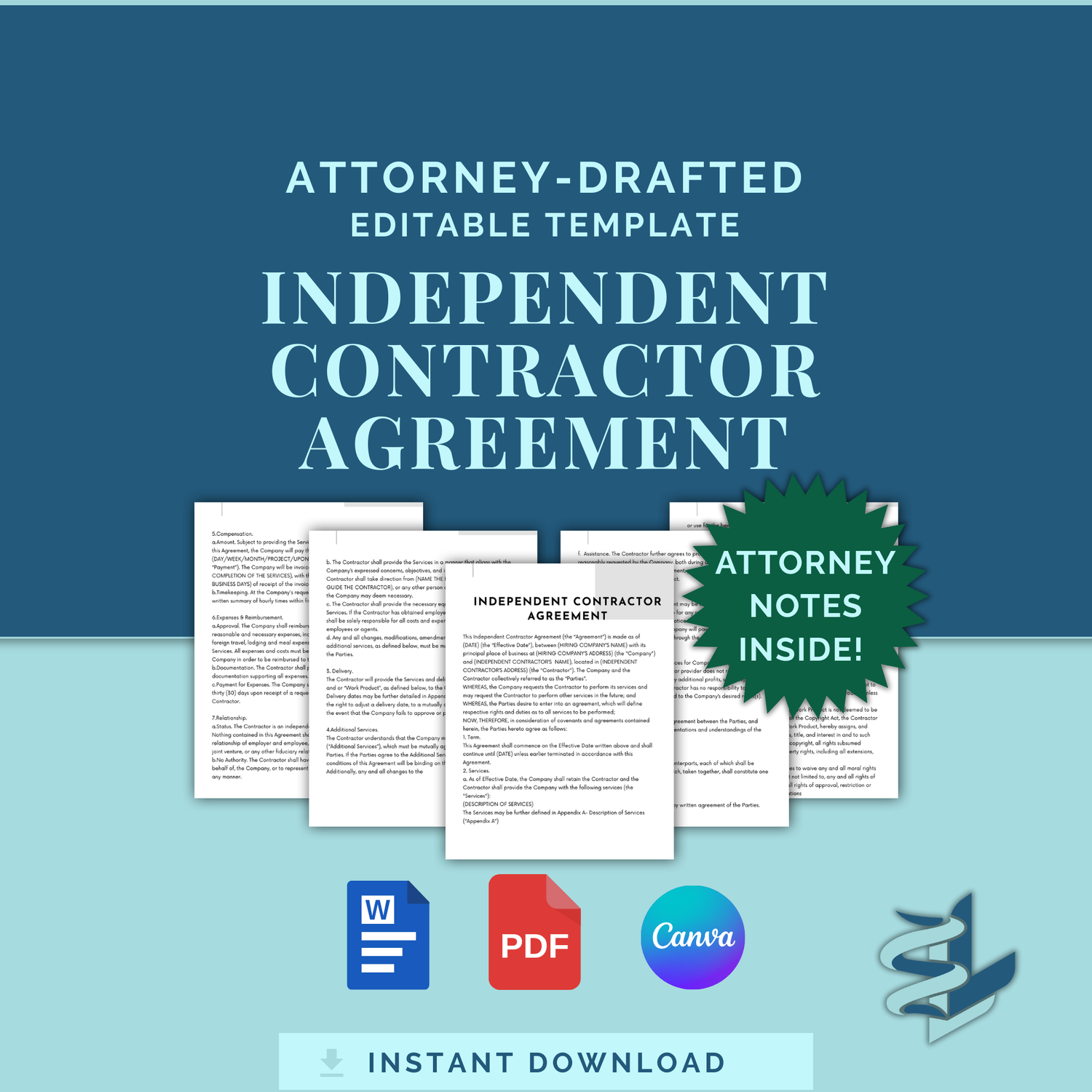
What’s the Intellectual Property “IP” Clause in My Contract” About?
In the world of entrepreneurship and creative industries, protecting your intellectual property (IP) is crucial to ensuring your ideas and creations are safeguarded. Whether you’re a freelancer, artist (visual or music), or business owner, understanding the IP clause in your contracts is essential for managing your rights and preventing potential disputes. But what exactly does the IP clause entail, and why is it so important? Let’s delve into the intricacies of this critical contract component and how it can affect your work and business.
- Understanding the IP Clause. The Intellectual Property (IP) clause in a contract outlines the ownership and rights associated with the intellectual property created or utilized during the course of a business relationship. This clause is designed to specify who retains ownership of IP—such as copyrights, trademarks, patents, or trade secrets—and how these rights can be used, shared, or transferred. For example, if you’re a graphic designer creating logos for a client, the IP clause will define whether you retain the copyright to the designs or if they are transferred to the client upon completion of the project. This is vital as it will dictate who can do what with the design after the logo is render and the payment is made.
- Key Elements of an IP Clause. A well-drafted IP clause typically includes several key elements. First, it identifies the types of intellectual property involved, such as original artwork, software code, or brand names. Second, it clarifies the ownership rights of both parties. For instance, the clause might state that the creator retains copyright while granting the client a license to use the IP for specific purposes. Third, the clause should address any restrictions or limitations on the use of the IP, including whether it can be reproduced, altered, or sublicensed. Finally, it often includes provisions for handling IP disputes and how IP rights are transferred or terminated upon the end of the contract.
- Why the IP Clause Matters. The IP clause is a critical component of your contract because it protects your creative work and ensures that all parties have a clear understanding of their rights and responsibilities. Without a well-defined IP clause, you risk potential conflicts over ownership and usage rights, which can lead to legal disputes or financial loss. For example, if a client uses your design for unintended purposes or without proper attribution, you could face challenges in asserting your rights without a clear agreement in place. By explicitly outlining IP terms in your contract, you establish a solid foundation for managing your creative assets and maintaining control over your work.
- Crafting a Strong IP Clause. When drafting or reviewing an IP clause, it’s essential to ensure that it aligns with your specific needs and goals. Consider working with a legal professional who specializes in intellectual property to tailor the clause to your unique situation. For instance, if you’re an artist licensing your work to a company, the clause should detail the scope of the license, including the duration, geographic area, and any financial arrangements. Similarly, if you’re collaborating with others on a project, the IP clause should address how IP rights are shared and how decisions are made regarding the use of joint creations.
- Conclusion: Secure Your IP with a Comprehensive Clause. In the realm of online contracts and creative work, the Intellectual Property clause plays a pivotal role in safeguarding your ideas and ensuring clear agreements between parties. By understanding and effectively managing the IP clause, you can protect your creative assets, avoid disputes, and establish a solid foundation for your business relationships.
At Spring Up Legal Locker, we provide attorney-drafted contract templates specifically designed for entrepreneurs and creatives, helping you navigate the complexities of intellectual property with confidence. By incorporating a robust IP clause into your contracts, you can focus on what you do best—creating and innovating—while knowing your rights are well protected.
BTW, Still looking for additional info? Visit our blog regularly for insights on this and related topics. Also, don’t forget to explore our extensive collection of contract templates and contract packs for your next project!

